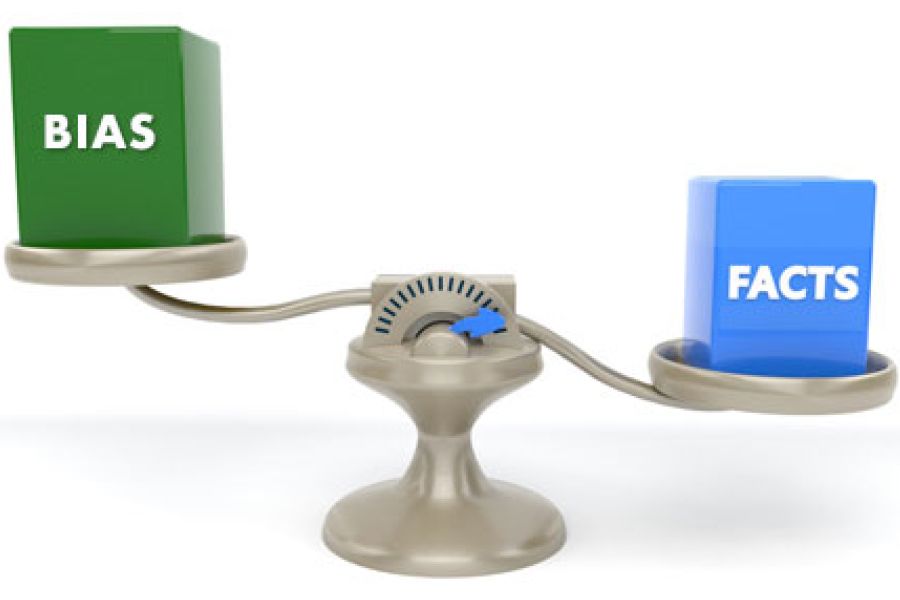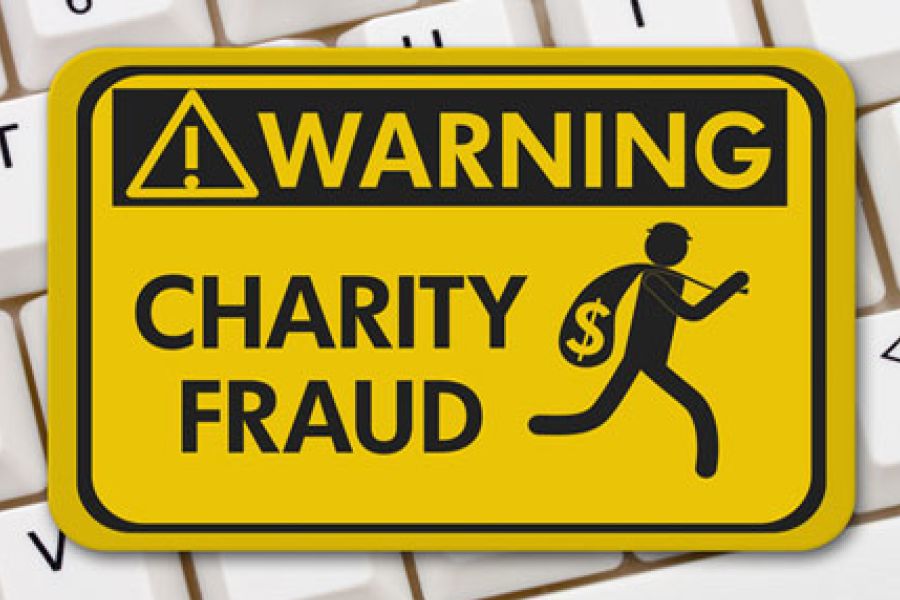If you’ve caught an employee stealing from your company, you may think that turning the person over to the police will result in prosecution. That’s not necessarily true. Law enforcement officials pursue and reject cases for many reasons. So if you’re determined to request prosecution of an occupational fraud perpetrator, take the following steps to help in preparing a fraud case. 1. Make it easy to follow In the rush to submit a case to law enforcement, it’s easy to forget that the police and prosecutors won’t necessarily understand your industry’s jargon or understand your business’s accounting records. Make it easier for everyone to understand what the perpetrator might have done and why it deserves their attention. Preparing a document that defines acronyms and common terms used...

For most retailers, December is the most profitable season of the year. However, customer returns in January can cut deeply into December revenues — particularly if the returns are fraudulent. U.S. retailers suffer annual losses of $18.4 billion from fraudulent returns, according to data analytics company Appriss and the National Retail Federation (NRF). And as antifraud technology company Signifyd has found, the pandemic is encouraging higher retail return rates — as much as 80% higher than before COVID-19 hit. Such a shift is likely to mean even more fraud. Old dog, new tricks Return fraud isn’t new. Dishonest customers have long “returned” items they stole or purchased elsewhere for less to stores willing to issue full cash refunds. But growth in online sales has magnified return fraud...
Despite our best intentions, almost everyone brings some bias to human interactions — even business owners and executives investigating fraud. Sometimes bias can lead to the right conclusion. However, bias can also compromise an investigation’s integrity. If you suspect fraud in your organization and decide to investigate yourself, be sure to guard against bias that may lead you to the wrong culprit or into legal trouble. Banish stereotypes One of the most destructive types of bias is preconceived notions about employees based on their gender, race, ethnicity, religion, sexual orientation and similar personal characteristics. Not only is this type of identity-based bias generally illegal in the workplace, but it can lead to erroneous conclusions regarding an employee’s guilt or innocence. Members of a fraud investigation team should make...
Most fraud-prevention guidance advises owners and manager to monitor employees. But what exactly does this mean? Are you legally entitled to monitor employee computer use? What about security cameras in the workspace? Can you search an employee’s desk if you suspect the person is hiding something? The simple answer is that to stay on the right side of the law when fraud is suspected, your business must be careful about invading employee privacy. Their rights Many employment laws apply to employees’ privacy rights. In general, they attempt to balance employers’ interests in minimizing losses and injuries and maximizing production with employees’ interests in being free from intrusion into their private affairs. By adopting and clearly communicating employment policies, your company can, within limits, establish its authority to conduct...
Americans generally feel generous during the holidays and usually are eager to donate to worthy charitable causes. At the same time, they’re so busy and rushed with holiday activities they don’t necessarily vet charities that ask for support. Unfortunately, the holidays are the season for charity fraud. Fraud perpetrators masquerading as non-profits usually find easy pickings. Charity scammers use every available channel to defraud charitable donors — door-to-door appeals, telemarketing campaigns, email messages, slick looking websites and even through social media “friends.” To ensure your donations reach the genuinely needy, exercise healthy skepticism and take precautions. Know your non-profit The best and easiest way to avoid becoming a charity scam victim is to donate only to charities you already know and trust. However, by doing this, it’s possible...
According to data company Dun & Bradstreet, business identity theft increased more than 250% in the first half of 2020. You can thank the pandemic — and the government’s release of relief and recovery funds to qualified U.S. businesses — for this remarkable number. In a more typical year, crooks use stolen business identities to file fraudulent tax returns, apply for credit and empty bank accounts. Is your business vulnerable? However they might try to use your company’s information, there are steps you can take to reduce the risk. Protecting sensitive information Thieves often use malware to infect computers and gather sensitive data from businesses. They also create fake websites that trick employees into entering login and password information. To protect against these tactics, deploy patches when...
These days, many offices and other workspaces are nearly empty as employees work from home. This can make companies that don’t safeguard their computers, printers and other equipment vulnerable to theft from outsiders. Even during normal times, businesses often lose assets because crooked employees walk out with them. Here’s how to protect valuable property — no matter who’s eyeing it. Asserting ownership First, claim your business’s assets. This means adding security plates and indelible identity markings to machines. These additions can help you track stolen equipment, inhibit resale and discourage thieves from trying to steal in the first place. Security software can help you track stolen computers online. As soon as the thief connects to the Internet, the computer’s software contacts a security firm’s monitoring system, which traces...
Management overrides of internal controls can make your company more vulnerable to fraud. This is true even when managers have innocent intentions — for example, they don’t feel they have time to follow proper accounts payable procedures because a vendor is requesting immediate payment. Your company is at even higher risk of fraud losses . . . controls are ineffective . . . if a senior manager intentionally ignores the rules to manipulate financial statements. Warning signs Management overrides of financial controls can be difficult to detect. However, there are several warning signs that a manager isn’t fully adhering to the policies and procedures your organization has adopted. For instance, a manager may fail to call attention to business risks or dispute an auditor’s findings regarding his...
Ghost employees and other payroll scams are trouble for employers. They may be just as fictional as the paranormal activities in your favorite scary book or movie, but if you have ghost employees on your payroll, you have fraud. And if you have fraud, you have potentially significant financial losses. Anatomy of a scheme Ghost employee schemes usually are perpetrated by employees who have easy access to payroll records. If your company’s internal controls are loose enough to be exploited, a greedy or disgruntled staffer could invent an employee, put this “person” on the payroll and direct deposit paychecks to a bank account in the ghost’s name. It may seem like it would be easier to hide ghost employees in large companies. In fact, small businesses, where a...
Forensic accountants are engaged for a wide variety of assignments, among them investigating fraud, auditing internal controls and quantifying damages associated with legal disputes. All of these require attention to detail and a diverse set of skills including mathematical, technological, legal and investigative. But the accounting landscape and client needs are constantly changing. Here’s how the profession has adapted and digitized 21st century forensic accounting, and how it's applying the latest technological solutions. Embracing the digital revolution Technology has radically changed how forensic accountants do their jobs. Businesses used to be awash in paper. Today, most companies run on a digital backbone and discourage employees from printing to save money and reduce environmental damage. Consequently, forensic accountants must be able to gather, analyze and make sense of...











